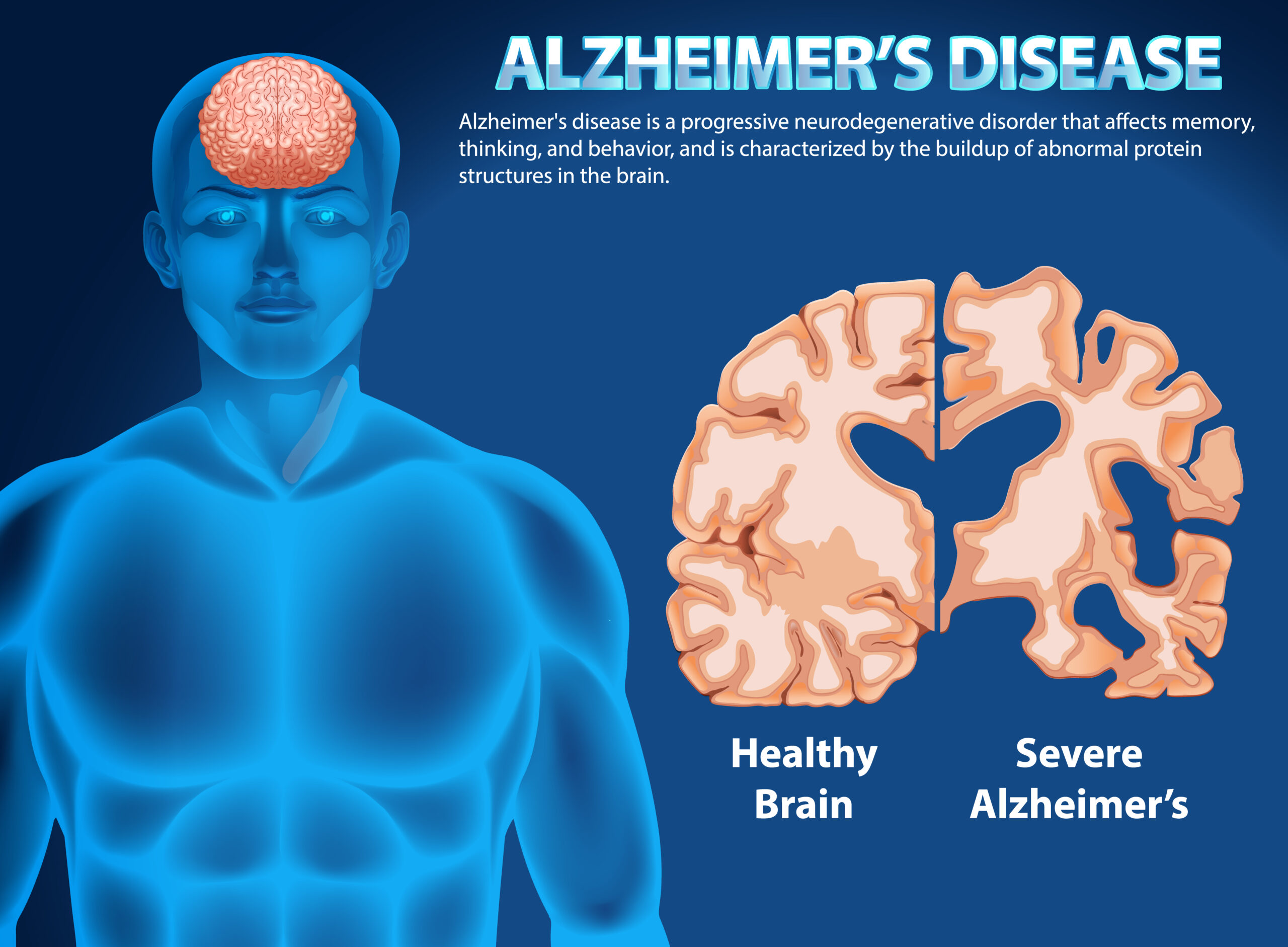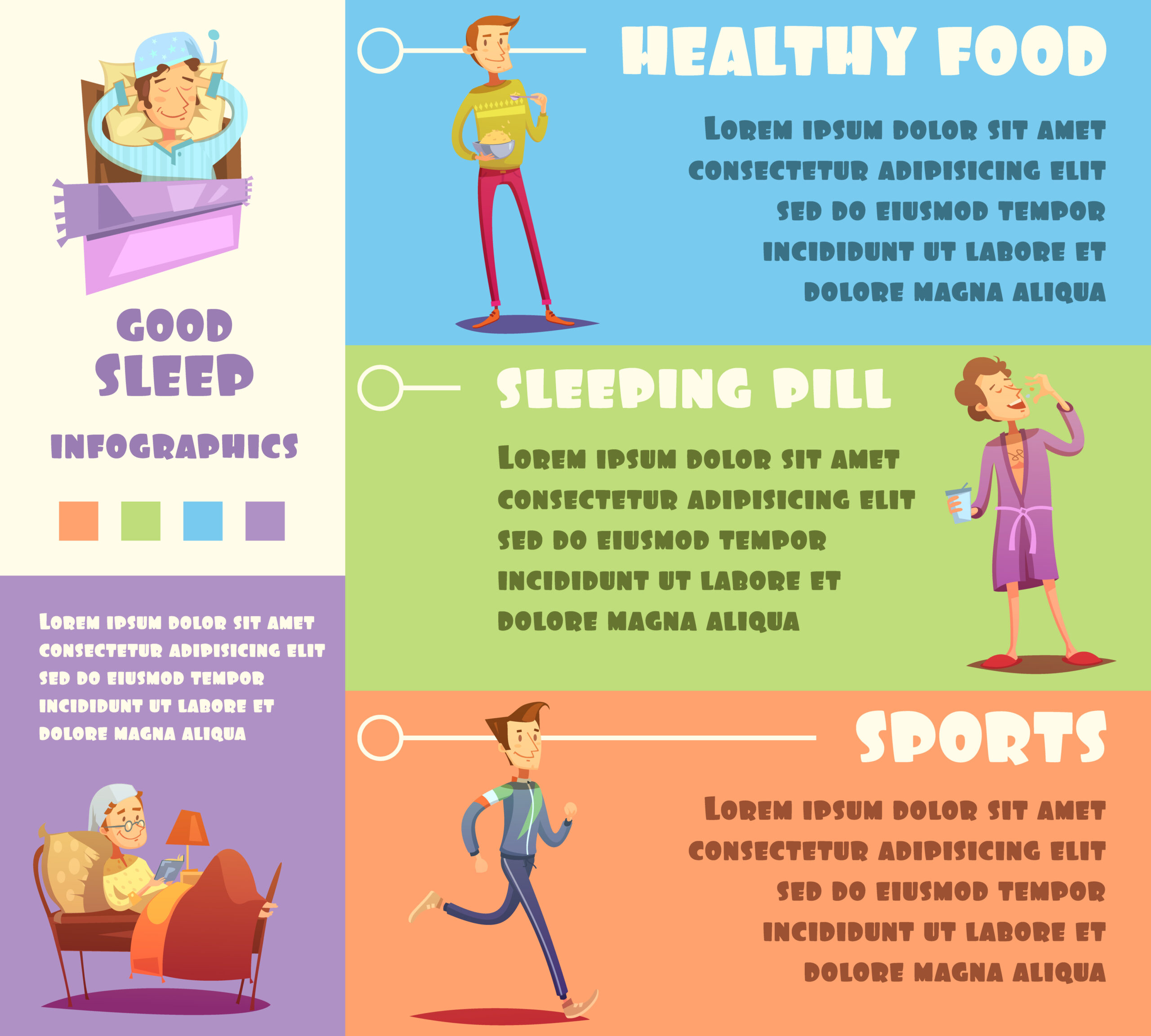Introduction

If you’re over 30 and have noticed you forget names, misplace your phone, or walk into a room and can’t remember why—you’re not alone. Many adults start to worry about their memory in their 30s, 40s, and beyond. Is this just normal aging, or is it something more? Understanding why memory changes, what risks it brings, and what you can do about it is key to living well as you grow older.
Why Does Memory Decline With Age?
1. Changes in the Brain
As we age, our brains naturally change. Harvard neurologist Dr. Rudolph Tanzi explains, “It is normal for the brain to slow down a bit with age, but memory loss is not an inevitable part of aging.” (Chopra & Tanzi, 2012). The brain’s hippocampus, which helps store new memories, can shrink with age, making memory retrieval slower.
2. Lifestyle Factors
The National Institutes of Health (NIH) highlights that lifestyle choices can speed up or slow down memory loss. Lack of physical activity, poor diet, smoking, excessive alcohol, and not getting enough sleep all increase the risk of memory problems (“Memory Loss: When to Seek Help,” NIH).
3. Chronic Stress
Chronic stress floods the brain with cortisol, a hormone that—over time—can actually damage brain cells in memory areas (Alzheimer’s Association, “Memory Loss & 10 Early Signs of Alzheimer’s”).
4. Medical Conditions
Diseases common after 30—like high blood pressure, diabetes, depression, and thyroid issues—can all impair memory. According to Mayo Clinic, untreated depression is a leading and often overlooked cause of forgetfulness, especially in middle-aged adults (“Memory Loss: 7 Tips to Improve Your Memory,” Mayo Clinic).
5. Early Signs of Alzheimer’s and Dementia

While occasional forgetfulness is normal, the Alzheimer’s Association warns that memory loss disrupting daily life can be an early sign of Alzheimer’s or other dementias. About 1 in 9 Americans over 65 has Alzheimer’s, but changes can start years earlier (Alzheimer’s Association, “10 Early Signs and Symptoms of Alzheimer’s”).
Why Should You Care? The Hidden Dangers of Memory Loss
Memory loss is more than just an annoyance—it can have serious effects on your work, relationships, and health.

1. Impact on Work and Daily Life
Forgetting important meetings or deadlines can affect your job performance. At home, missing bills or appointments can create stress for your family.
2. Safety Risks
Forgetting to turn off the stove, lock the door, or take medication can put your health and safety at risk. According to the Mayo Clinic, memory lapses are a leading cause of accidents among older adults.
3. Mental Health Consequences
Dr. Sanjay Gupta, a leading neurosurgeon and CNN’s chief medical correspondent, notes that many people with memory problems develop anxiety or depression, which can make memory even worse—a dangerous cycle (“Keep Sharp,” Gupta, 2021).
4. Social Isolation
Memory problems can make people withdraw from social activities, leading to loneliness and a lower quality of life.
5. Early Detection of Serious Illness
Sometimes, memory loss is the first sign of Alzheimer’s, stroke, or other serious health problems. Early detection means better treatment and planning.
What the Experts Say: Prevention and Hope

The good news? “You can build a better brain at any age,” says Dr. Tanzi. Experts agree that while we can’t stop aging, we can do a lot to protect and even improve our memory.
Dr. Sanjay Gupta’s “SHARP” Plan:
Dr. Gupta recommends five pillars for brain health (“Keep Sharp”):
- Sleep: Get 7-8 hours per night. Poor sleep is a major cause of memory problems.
- Handle Stress: Practice relaxation, meditation, or breathing exercises.
- Activate Your Mind: Learn new skills, read, or play challenging games.
- Reach Out to Others: Stay socially active.
- Physical Activity: Move your body daily—walking, dancing, or even gardening helps.
Dr. Tanzi’s “Super Brain” Strategies:
Dr. Tanzi suggests protecting brain health with:
- Healthy Diet: Eat more fruits, vegetables, fish, and nuts.
- Avoid Toxins: Don’t smoke, and limit alcohol.
- Mindfulness: Practice meditation or deep breathing.
- Try New Things: Keep your brain challenged with new hobbies.
Small Steps, Big Difference: Lifestyle and Memory
You don’t need to overhaul your life overnight. Small changes can have a big impact:
- Exercise: Even 20 minutes of brisk walking a day has been shown to boost memory (NIH).
- Diet: Foods rich in omega-3s (like salmon) and antioxidants (like berries) support brain health.
- Sleep: Keep to a regular sleep schedule and avoid screen time before bed.
- Reduce Stress: Try yoga, journaling, or simply taking a few deep breaths.
Some people also use supportive products—like aromatherapy sticks or essential oils—to help them relax and focus. While these are not miracle cures, they can be part of a healthy lifestyle and support overall well-being.
When to See a Doctor
Most people have small memory lapses. But if you or a loved one notice frequent forgetfulness that disrupts daily life—like getting lost in familiar places, repeating questions, or trouble managing finances—it’s time to talk to a doctor. Early help can make a big difference.
Conclusion
Memory loss after age 30 is common, but it’s not something you have to accept without a fight. By understanding the causes, taking action, and seeking expert help when needed, you can protect your memory and enjoy a higher quality of life.

References
- Alzheimer’s Association. “Memory Loss & 10 Early Signs of Alzheimer’s.” https://www.alz.org/alzheimers-dementia/10_signs
- National Institutes of Health. “Memory Loss: When to Seek Help.” https://www.nia.nih.gov/health/memory-loss-when-to-seek-help
- Mayo Clinic Staff. “Memory Loss: 7 Tips to Improve Your Memory.” https://www.mayoclinic.org/diseases-conditions/memory-loss/in-depth/memory-tips/art-20046518
- Chopra, D., & Tanzi, R. “Super Brain: Unleashing the Explosive Power of Your Mind to Maximize Health, Happiness, and Spiritual Well-Being.” Harmony, 2012.
- Gupta, S. “Keep Sharp: Build a Better Brain at Any Age.” Simon & Schuster, 2021.
- CNN Health, Dr. Sanjay Gupta. “How to Keep Your Brain Young.” https://www.cnn.com/health
This article is for informational purposes only. For medical advice, diagnosis, or treatment, always consult your healthcare provider.
If you found this information helpful, check out our other articles and products designed to support your brain health and help you live your best life!


